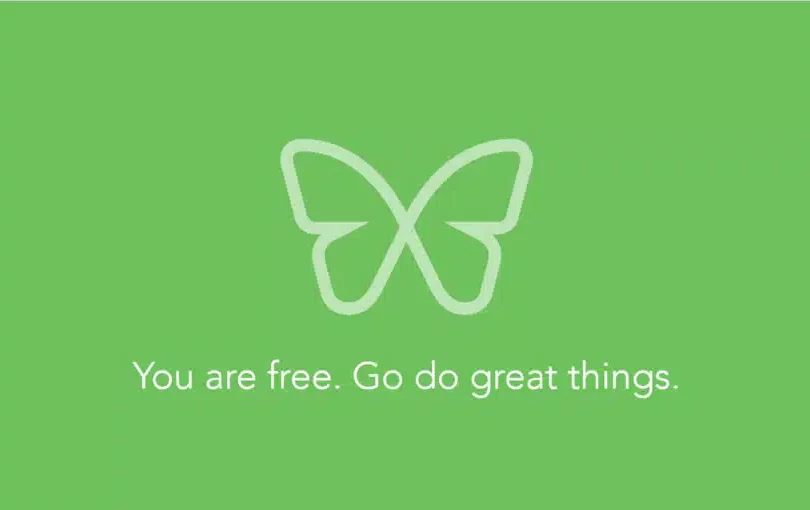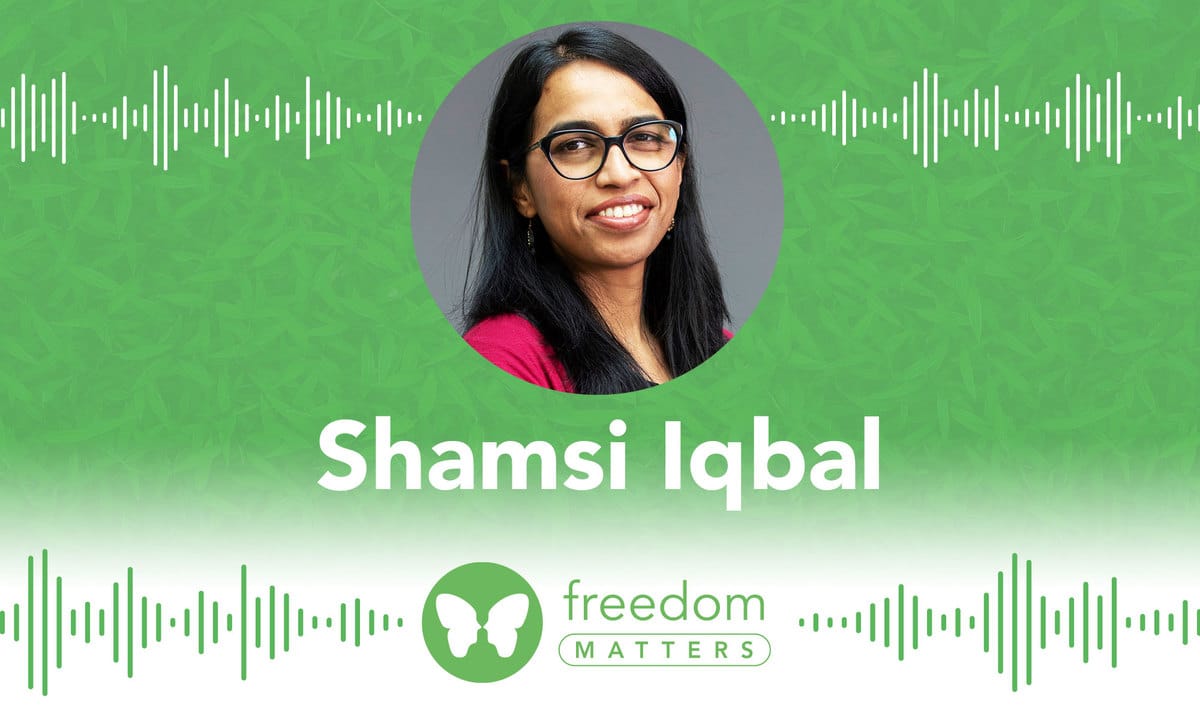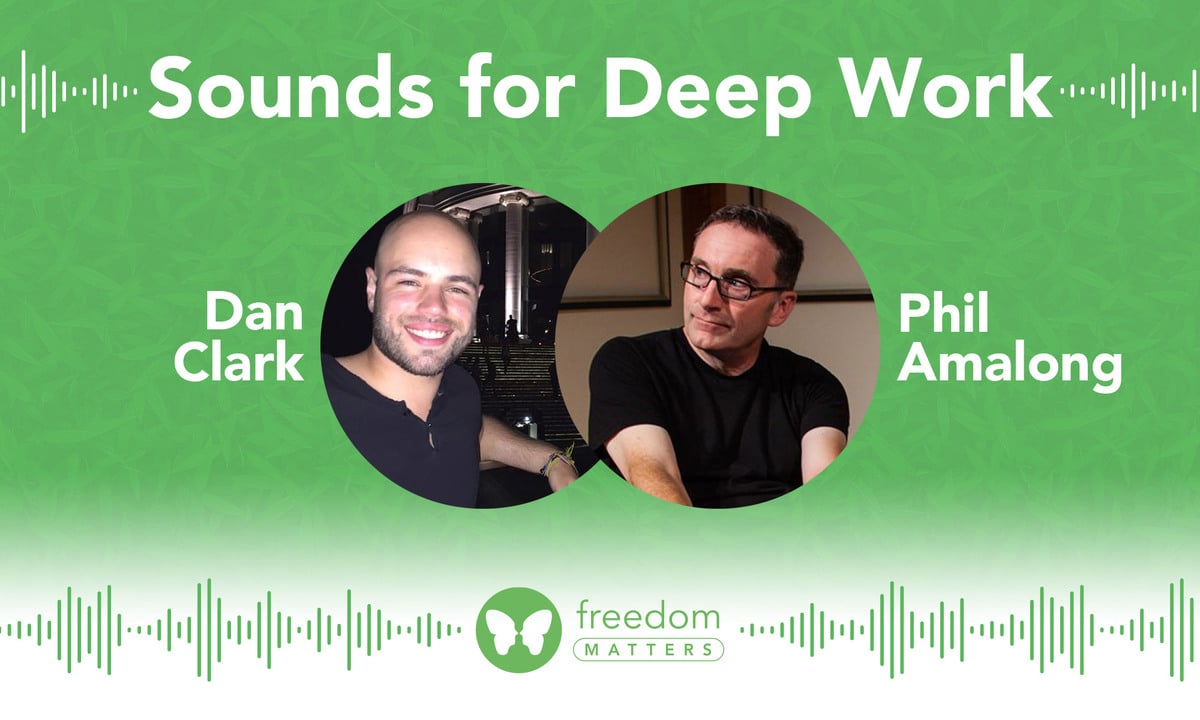Tamara Lush: On Finding the Focus to Write and Report

Meet Tamara Lush.
As a correspondent in Florida with The Associated Press, she covers everything from alligator attacks to hurricanes to executions to feature stories on cold case homicides.
And as if that wasn’t enough, when she’s not covering the news, she’s writing romance novels. Her debut novel, Hot Shade, was published in September of 2015 and received four stars from RT Book Reviews. Her most recent novel, a five-episode serial called Tell Me a Story, has “an engaging voice, sexy heroes and heroines and a wry sense of humor,” according to New York Times bestselling author Beth Kery.
Tamara was also recently chosen as one of 24 writers for the Amtrak Residency program and spent two weeks in early 2017 riding around the country on a train with the opportunity to dig into her various writing projects.
Tamara is a fan of vintage pulp fiction book covers, Sinatra-era jazz, 1980s fashion, tropical chill, kombucha, gin, tonic, beaches, iPhones, Art Deco, telenovelas, coloring books, street art, coconut anything, strong coffee, and newspapers.
She currently lives with her husband and two dogs on Florida’s Gulf Coast.
As a writer with many hats and tons of experience, we figured we’d step aside and let her tell you exactly how she finds the time and focus to do it all.
How did you know that you wanted to be a writer + AP correspondent and what were your first steps in making this your career – essentially, how did you get to where you are today?
I started to write when I was in grade school, short books in pencil about adventurous men and feisty women. Looking back, it was likely Raiders of the Lost Ark fan fiction, and I think I’m still telling those stories in my romance novels. In high school, I kept a journal, and in college, I was drawn to journalism. I’m inherently a nosy person.
While I initially wanted to be a TV reporter, upon graduation I was offered a job at a small weekly newspaper in Massachusetts. I accepted and didn’t look back. Even though I now work for The Associated Press and often cover national news, my job hasn’t changed: I talk with people and tell their stories.
I’ve also loved fiction since I started reading. I’ve always loved romance novels and thought about writing one in my twenties. But my journalism job took center stage, and I didn’t think I had the talent, or the time, to write a book.
Twenty years later, the desire to write a book returned. I had no idea what I was doing, but I wrote and sold a novel, and another. Now I’ve written five romance books and am currently working on a serial for a fiction app.
As a writer, how do you stay productive, motivated, and focused?
When I first started writing fiction, it became pretty clear that I needed to focus if I wanted to be a journalist and a romance novelist. The first thing to go was television. That freed up an enormous amount of time. My husband and I don’t have cable.
I’m motivated by reading great writing, both fiction and nonfiction. I believe it’s essential for a writer to read broadly and often.
What excites you most about your industry?
In the romance genre, I am consistently humbled and grateful that there are so many women who help other women through the stages of publishing. I’ve met so many wonderful and new friends through romance writing. This past summer, a group of 12 of us rented a giant house in Orlando during the Romance Writers of America convention. Most of us had never met before — we met online — and it was one of the most soul-nourishing weeks of my life.
Many romance authors self-publish, and it’s amazing to see women working together, sharing information and writing stories that speak to — and empower — other women. I think writing romance is a feminist act: the genre is largely written by women, for women, and focuses on the emotional journey of a female protagonist. In romance, the heroine always gets what she wants. It’s not always about sex, although it can be. The stories all have a common theme: that the heroine deserves love and respect. In many ways, and in many places, it’s a radical notion.
When/where are you most/least productive, and how does this shape your daily working routine?
I work from home, so I move from my kitchen table, to my sofa, to my treadmill desk throughout the day. Every few days, I mix it up and go to a local coffee shop. I find that having the noise of a public space helps my concentration immensely. Years of working in newsrooms and covering stories on the road has left me with the ability to write in noisy environments. Often, if I’m really stuck with an article or a chapter in a novel, I’ll go to the loudest cafe I can, and my brain will snap into action and get unstuck.
I’m most productive in the evenings, although I’m currently gearing up for National Novel Writing Month and am planning to wake early to write. I did this in 2016 and wrote a novella that I later published.
At what point did you realize that tech/apps/sites were taking a toll on your productivity and time? Or, when did you know that you had to do something about it?
The realization that tech is invasive and a time-suck has been a gradual one. I started in journalism right around the time AOL had dial-up connections and hourly fees. So I remember a time when I didn’t have the internet as a reporting tool. In many ways, I was a much more engaged reporter back then — I went to meetings, talked with people, visited the police station in the town I covered. Relying on the phone was seen as a crutch and not as effective as in-person conversations. These days, everything is done via email or text. It’s made the business rather lonely.
I’ve been increasingly worried about the time spent on social media. If I wasn’t a journalist, I would consider curbing it drastically. But I need it for my job, and as an author, I believe it’s a great way to promote books. About a year and a half ago I discovered that I was promoting more and writing less. Publishing books, especially self-publishing, is an endless cycle of promotion. An intervention was needed.
What resources or tools do you use daily and have found most beneficial to your productivity and writing process?
I have turned off all notifications on my phone. Something about seeing those little red bubbles is triggering (intentionally, I’m sure). I have also set my phone to a grey background and have put all of the apps on greyscale. The look of my phone is very monotone and boring, so much so that I’m inclined to check it less. And when I do, I don’t spend as much time on it.
I’ve recently bought a secondhand Alphasmart Neo2, which is a word processor that doesn’t connect to the internet. It’s a wonderful device and I can blast through writing a chapter or a scene without distraction.
I also use Freedom to block out certain websites when I’m writing, for hours at a time. Usually it’s to block Facebook, which is the major time-suck offender. The recent article in The Guardian about smartphone addiction and the rise of the “attention economy” was deeply disturbing to me.
What project are you currently most excited about?
On the journalism side of my life, I’m excited about a series of stories I’ve written about a transgender teen. Those should be published by the end of the year.
On the fiction side, I’m over the moon about the story I am telling on Radish, a serial fiction app that allows readers to pay for a book by the chapter. (Amazing! Something that encourages people to pay for content!). Over the summer, I did an exclusive pre-release of a romance called Constant Craving. Since July 3, the book has gotten 310,000 views. The reception has been so strong that I’ve published a second “season” about the characters, and am planning a third season in January of 2018.
It’s no small irony that the book was published on a mobile app — and is about a newspaper publisher, trying to save her dying business.
What are your biggest distractors?
Without a doubt, Facebook. And that’s not to say I don’t get positive things out of the site. I have set up a private readers’ group for people who read my serial fiction on Radish. They are wonderful women from around the world who want to talk about my books, and discuss my stories chapter by chapter. That has been very gratifying. I wish I could keep the site to just that group.
Last year I actually unpublished, erased and hid much of my personal Facebook content. I don’t want my memories monetized by a company. So now I try to post only articles, the occasional photo of my dog and book promo. I try to think of Facebook as a business tool rather than a personal scrapbook.
How do you find a balance between being connected and overwhelmed?
One thing I did in 2017 is to take my calendar offline. I now use an old-fashioned paper planner, and I confess that I’m one of those people who likes to decorate my planner with washi tape, stamps, stickers and the like. I like to joke about how my planner looks like it’s been taken over by a deranged five-year-old, but that’s probably an insult to five-year-olds. It’s become something of a scrapbook for me; earlier in the year when I was selected for the Amtrak Writers Residency, I took a two-week train trip around the US. I pasted and glued and taped things I picked up along the way — tickets and photos, mostly. My planner is a physical thing and not something that exists in cyberspace.
What do you do outside of your work routine that helps you stay productive?
Cooking, especially cooking dinner, is relaxing. I love the time of night when I’m finished with journalism and can spend time in the kitchen, chopping vegetables and drinking wine. Cooking is tactile and immediately satisfying in a way that writing isn’t.
To learn more about Tamara, her work, and books – visit her site at TamaraLush.com


